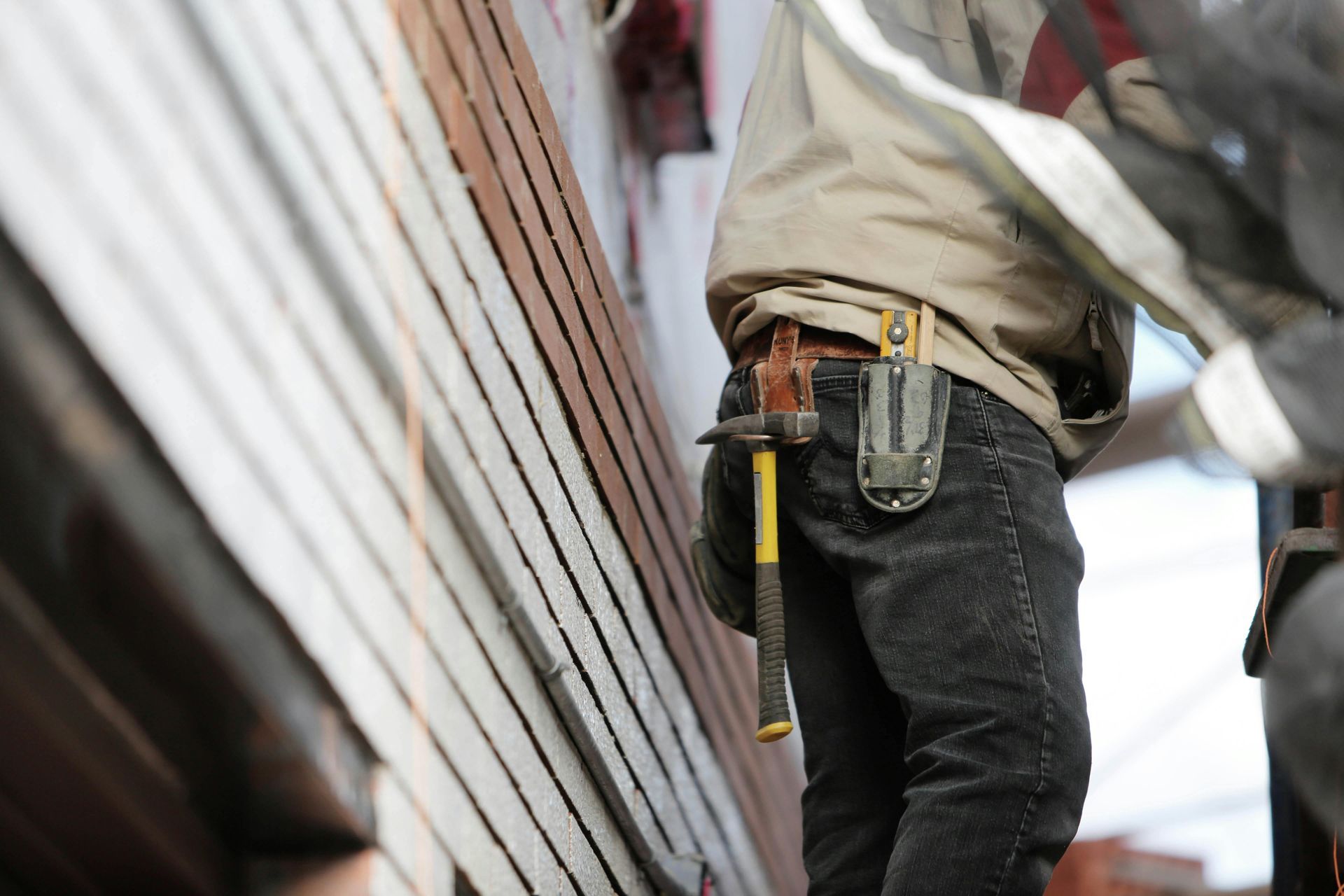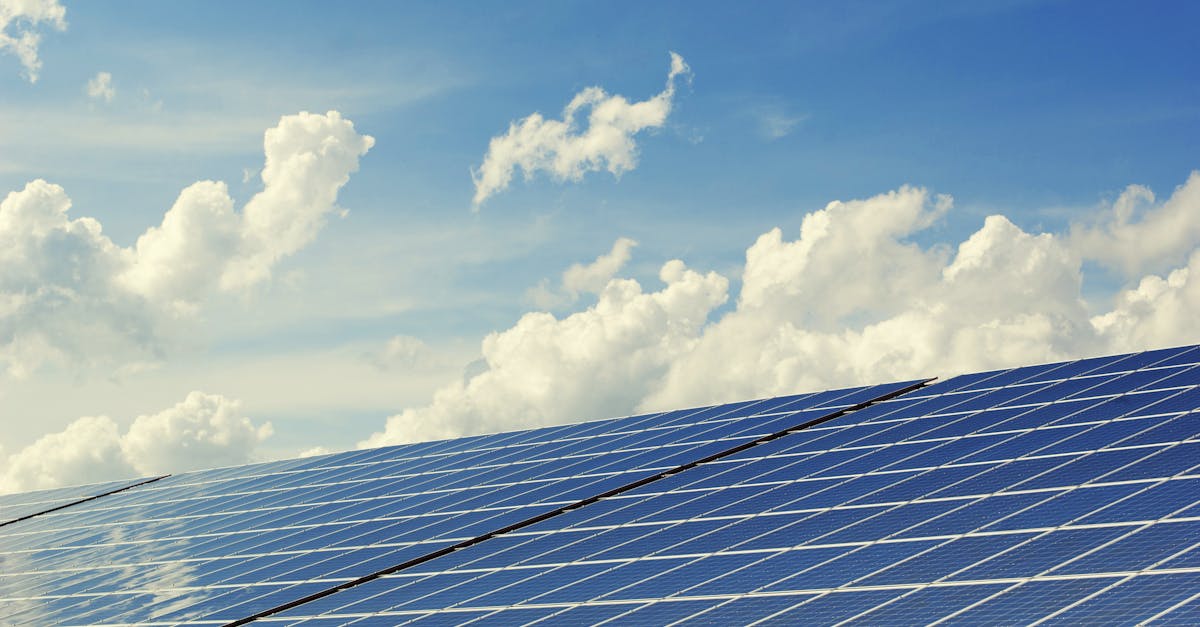The right smart tech for your home extension
Building a new home extension is an exciting journey. The chance to make your home exactly how you want it. Change how you use the kitchen or add a bedroom for a growing family, or a complete renovation. One of the key decisions many people looking at today is whether or not to incorporate smart technology, or rather, which bit of tech to add in. With some really smart things in home automation making things more convenient, energy-efficient, secure, and just more fun, smart home technology is a great option for modern living. As always we like to offer help and advice for any potential customers looking at an extension or build.
1. Smart Lighting
Smart lighting is one of the most popular choices for everyone we talk to. Systems such as Philips Hue or LIFX allow you to control your lighting remotely, set schedules, and even change the colour and intensity of lights with a simple voice command or app. They integrate with the likes of Alexa and Siri and are really easy to use for eveyone.
Positives: Smart lighting offers convenience and energy savings. Being able to control lights from your smartphone means you never have to worry about leaving lights on when you’re out, which can reduce your electricity bills. Many systems allow you to set lighting scenes, so whether you’re watching a film or hosting a dinner party, your home can be perfectly lit at the touch of a button. Integration with smart assistants like Alexa or Google Assistant also means you can turn lights on or off with your voice, adding another layer of ease. Motion detectors also allow for completely autonomous operation - never again touch a light switch (if you want).
Negatives: While smart lighting is a convenient addition, it can be pricey. Installing a comprehensive smart lighting system may require purchasing several smart bulbs or smart switches, which are significantly more expensive than traditional lighting. Additionally, if your internet connection goes down, you may lose some of the system's functionality, though most systems do offer manual overrides. Another consideration is compatibility – not all smart lighting systems work seamlessly with every smart home ecosystem, which could be frustrating if you decide to expand your setup later.
2. Smart Heating and Thermostats
Heating your home efficiently is a high priority for most, given the rising costs of energy. Smart thermostats, such as Nest or Hive, have change the way we heat our homes, allowing you to control your heating remotely, set specific schedules, and monitor energy usage in real-time. They even can look at the weather and adapt which we have found to be amazing!
Positives: The most significant benefit of smart heating systems is the ability to save on energy costs. Smart thermostats learn your schedule and heating preferences, optimising the temperature to be energy-efficient while still keeping your home comfortable. If you’re away from home for a day or longer, you can easily adjust the heating remotely, avoiding heating an empty house unnecessarily. Even better, coming in from a cold day you can boost the heat to have a toasty warm house. Smart thermostats also provide detailed reports on energy consumption, helping you to identify areas for improvement.
Negatives: One downside of smart thermostats is the initial cost. Though they can help reduce your energy bills over time, the upfront investment can be substantial (though its the perfect time if you are replacing your boiler as part of the works). Installation may also require professional assistance if your existing heating system isn’t compatible, adding to the cost. Additionally, while many systems are user-friendly, they can be overcomplicated for those who prefer simplicity. Finally, similar to smart lighting, these systems rely on an internet connection, which could limit their functionality during outages.
3. Smart Security Systems
Home security has always been a priority customer, and smart security systems offer enhanced control and peace of mind. From video doorbells like Ring to fully integrated home security systems with cameras, motion detectors, and alarms, smart security allows you to monitor and control your home’s security from anywhere in the world.
Positives: Smart security systems provide real-time alerts and remote access, meaning you can check on your property no matter where you are. Many systems also integrate with other smart home devices, such as smart lighting or voice assistants, allowing for a fully interconnected security system. Features like two-way audio on video doorbells mean you can speak to delivery drivers or deter potential intruders even when you’re not at home. For many, the peace of mind that comes with being able to check in on their home via a smartphone app is brilliant.
Negatives: While smart security systems offer a high level of protection, they can also be expensive to install, especially if you opt for a comprehensive system. Subscription fees for cloud storage of security footage can add to the ongoing costs. There are also concerns about privacy and data security, as these systems often record sensitive information. If poorly protected, smart security systems could become a target for hackers. Another issue is that reliance on internet connectivity means some features may not function during power outages, potentially leaving your home vulnerable. They are often not insurance rated too.
4. Smart Appliances
The inclusion of smart appliances, such as refrigerators, washing machines, and ovens, is becoming increasingly. Some of these appliances offer advanced features such as remote control, energy monitoring, and integration with smart assistants. One York home we did featured a fridge which could create a shopping list or tell you what to make with what is inside!
Positives: Smart appliances can make everyday tasks much more convenient. For instance, smart ovens allow you to preheat or adjust cooking settings remotely, and smart fridges can send alerts when you're low on certain groceries. Some smart washing machines offer eco-friendly wash cycles and can be controlled via your phone, meaning you can start a load of laundry while you’re out, ensuring it's ready when you get home. The ability to monitor energy usage is another key benefit, helping homeowners reduce their energy consumption.
Negatives: Despite the added convenience, smart appliances come with a hefty price tag compared to their traditional counterparts. Additionally, they are more complex and could be prone to technical glitches. Many of these appliances also rely on software updates to ensure smooth functioning, and outdated software could lead to reduced functionality over time. Compatibility with other smart systems can be an issue as well, making it important to ensure your smart appliances work seamlessly with your chosen smart home ecosystem.
5. Smart Speakers and Assistants
Devices like Amazon’s Alexa, Google Home, and Apple’s Siri have become a standard in lots of homes. These voice-activated assistants allow you to control other smart devices, stream music, ask questions, and even control heating or lighting with simple voice commands.
Positives: Smart speakers add a level of convenience and accessibility to a smart home. They act as the central hub for other smart devices, allowing seamless control via voice commands. Whether you want to dim the lights, turn up the thermostat, or play your favourite playlist, smart assistants respond almost instantly. Many systems also integrate with third-party services such as Spotify, news outlets, and even home delivery apps, making them a multifunctional tool for modern living.
Negatives: The primary downside to smart speakers is their dependence on a stable internet connection. Without it, these devices lose much of their functionality. Privacy concerns are also significant, as smart speakers are always listening for their activation phrase. While companies claim to secure data, some users are uncomfortable with the potential for their devices to record private conversations or store personal data. Additionally, while voice assistants have come a long way in understanding commands, they’re not perfect and may sometimes struggle with accents, including various UK regional accents. If your Yorksire is strong, maby reconsider!
Wrap Up
Smart technology can bring a lot of benefits when building a new home extension, offering fun convenience, energy savings, and improved security. However, it's essential to weigh these benefits against potential downsides, such as cost, privacy concerns, and reliance on internet connectivity. With some carefullconsideration, and our advice around which technologies fit your needs and lifestyle, you can build a home that is not only smart but also functional and future-proof.
Doing this while your home is being worked on is the perfect time as it means doing the job once!









AG Construction and Developments LTD (11736496) is a registered company in England and Wales. Our registered office is 2a Front Street, Acomb, York, United Kingdom, YO24 3BJ.


